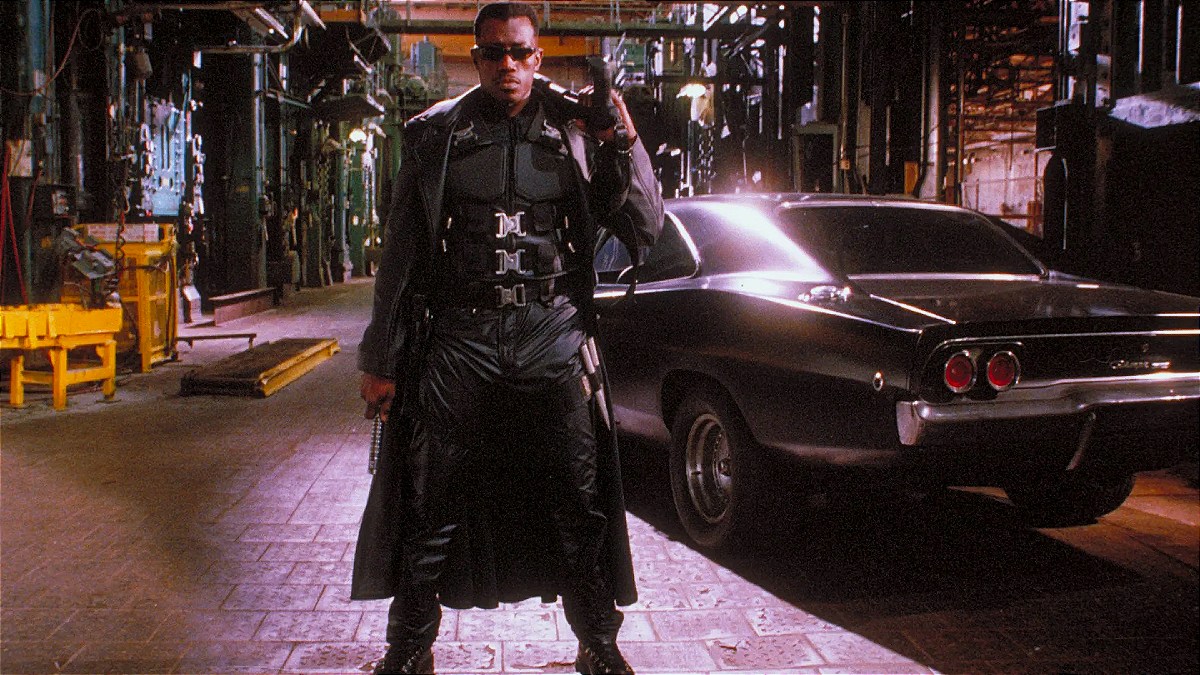Writer Confirms the Original ‘Blade’ Movies Almost Cast a White Actor as Blade

Join the community on Reddit for the latest Marvel & DC news!
We’ve already covered how Wesley Snipes, the original Blade, made a surprise cameo in Deadpool & Wolverine, reprising one of his most iconic roles. Fans were thrilled to see Snipes back as Blade, sparking rumors of a potential return for another final film, though nothing official has been announced yet.
Meanwhile, Blade has become a hot topic online, with fans buzzing about Snipes’ return to the character. In light of this excitement, we took a look back at an older interview that sheds light on what could have been a very different Blade movie in 1998.
In a comprehensive interview with Entertainment Weekly, producer Peter Frankfurt, writer David S. Goyer, and Wesley Snipes shared fascinating behind-the-scenes details about the original Blade movie and trilogy.
In the interview, Frankfurt, Goyer, and Snipes delved into several production-related topics, sharing fascinating insights about the beloved superhero classic. One notable revelation was that New Line originally suggested casting a white actor as Blade, an idea that was swiftly rejected.
GOYER: At one point the [studio] came to us and said “can Blade be white?” and I said “absolutely f—ing not. Like, that is just terrible. You cannot do that.”
[New Line studio head] Mike DeLuca said “I’ll make it for $40 million if you can get Denzel Washington, 35 if you can get Wesley Snipes, and 20 if you can get Laurence Fishburne.” And that was it. We wanted Wesley.
FRANKFURT: I mean, look, we never saw this as a vampire movie, we always saw this as a Marvel superhero movie that just was its own thing. We always knew it was gonna be R[-rated], we knew it was gonna have a really heavy martial arts factor. Wesley was really into that, and we wanted it to be smart and kind of self-aware but not ironic you know?
Source: Entertainment Weekly
And the rest is history, right? The thought of a white Blade seems awful in hindsight, so it’s a relief that Goyer dismissed the idea right away. The film ended up with a $45 million budget, which was substantial for the late ’90s, but it went on to earn $131.2 million—a remarkable achievement for that era.
Got something to say? Share your thoughts in the comments below!
Liked this article? Join the community on Reddit for the latest Marvel & DC news!

